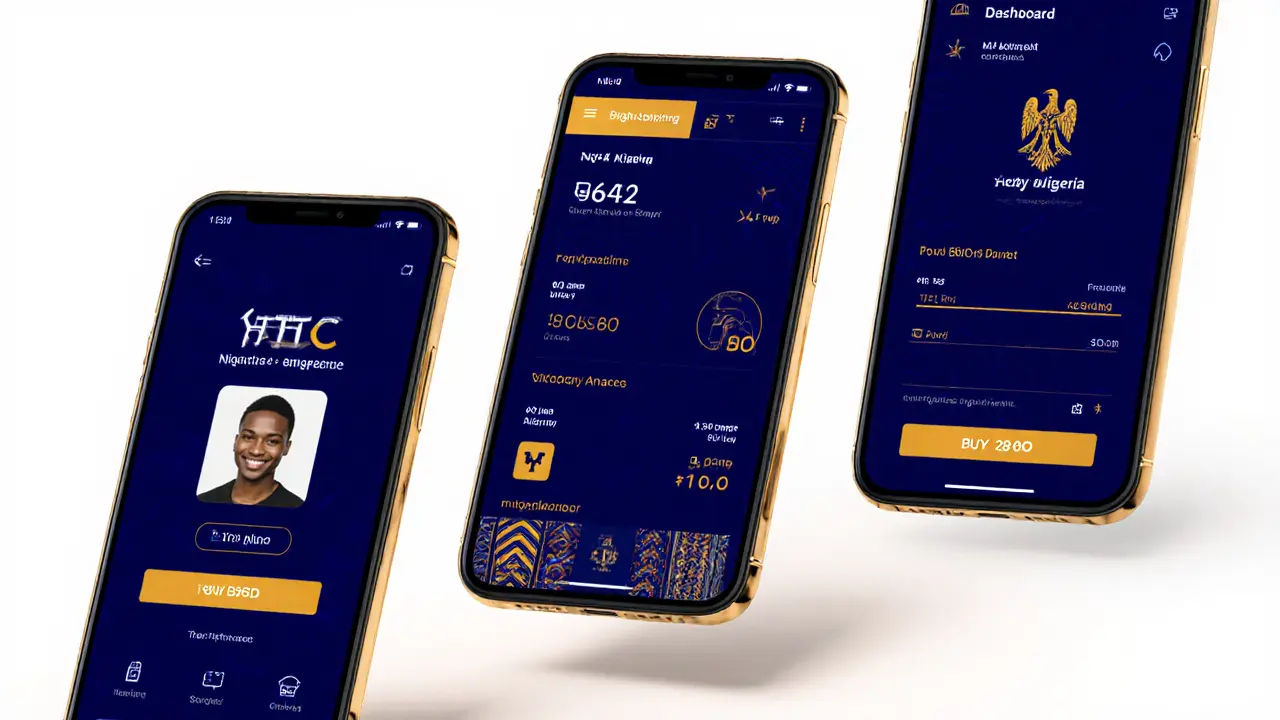Nigerian fintech: Driving the Future of Finance in Africa
When talking about Nigerian fintech, the fast‑moving blend of technology and financial services that originated in Nigeria, empowering millions to save, spend, and invest using smartphones and digital platforms. Also known as FinTech in Nigeria, it redefines how everyday people access banking, loans, and investment tools.
At the heart of this ecosystem are cryptocurrency exchanges, online marketplaces where users can buy, sell, and trade digital assets like Bitcoin and Ethereum. These platforms enable Nigerians to bypass traditional banking bottlenecks, especially for cross‑border remittances. Coupled with mobile payment platforms, apps that let users transfer money, pay bills, and shop directly from their phones, the country has seen a surge in cash‑less transactions even in regions without brick‑and‑mortar banks.
Both of these services rely heavily on blockchain technology, a decentralized ledger that records transactions securely and transparently. The blockchain layer provides the trust backbone for crypto‑exchange APIs, tokenised assets, and emerging DeFi products that Nigerian users are beginning to explore. Meanwhile, the regulatory environment, the set of government policies, licensing rules, and compliance standards governing financial tech in Nigeria shapes how quickly new services can launch and how safely they operate.
Key trends shaping Nigerian fintech
First, Nigerian fintech encompasses mobile payment platforms that require robust security frameworks – a direct result of blockchain technology’s tamper‑evident properties. Second, cryptocurrency exchanges benefit from the regulatory environment’s recent push for clearer licensing, which in turn encourages more institutional participation. Third, the blend of blockchain and mobile payments is fueling innovative use‑cases like token‑backed micro‑loans and cross‑border remittance corridors that cut fees dramatically. Finally, growth in fintech is driven by a youthful, smartphone‑savvy population looking for faster, cheaper ways to manage money.These connections mean that anyone interested in Nigerian fintech will encounter topics like crypto tax compliance, exchange security reviews, dollar‑cost averaging strategies for volatile markets, and the impact of sharding or other blockchain scaling solutions on transaction speed. Our collection below reflects that breadth – from practical guides on using a crypto exchange safely, to deep dives on blockchain concepts that power the next generation of payment apps.
Below you’ll find a hand‑picked set of articles that walk through the most relevant tools, concepts, and regulatory updates you need to navigate Nigeria’s vibrant fintech scene. Whether you’re a beginner curious about how to start investing in crypto, a developer looking to understand blockchain sharding, or a finance professional tracking tax changes, the posts ahead give you actionable insight without unnecessary jargon.

Crypto Adoption in Nigeria: 2025 Trends, Drivers, and Future Outlook
Nigeria tops African crypto adoption, driven by high inflation, limited banking and new regulations. Learn the economic triggers, ecosystem shifts, user habits, challenges, and the future outlook for crypto in Nigeria.
